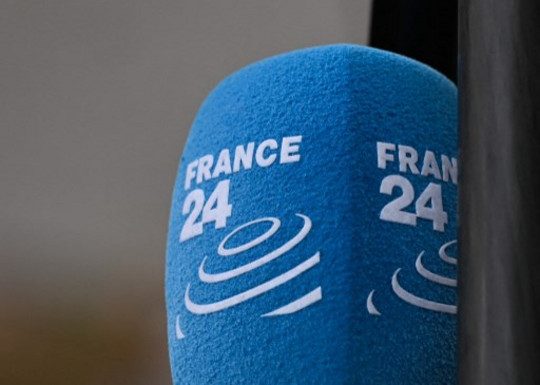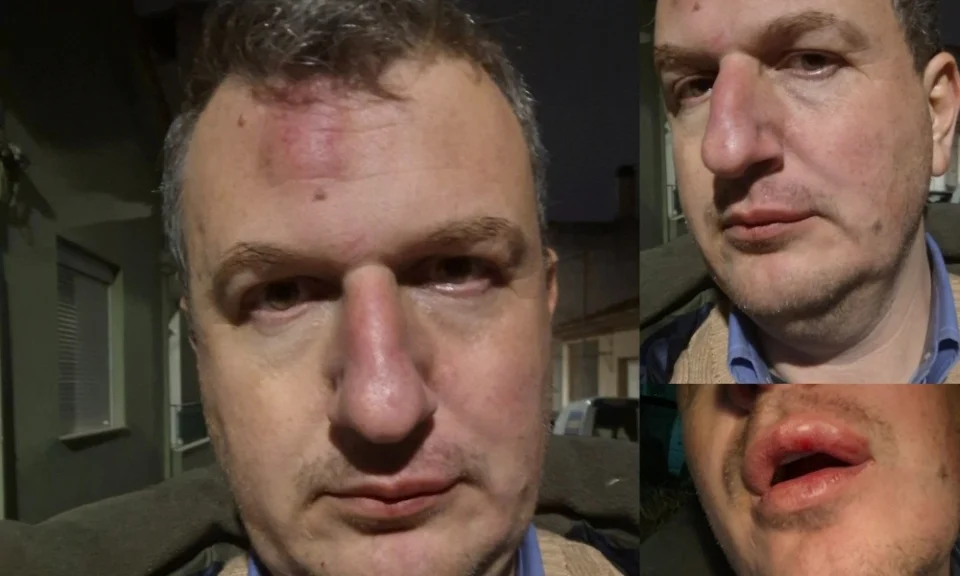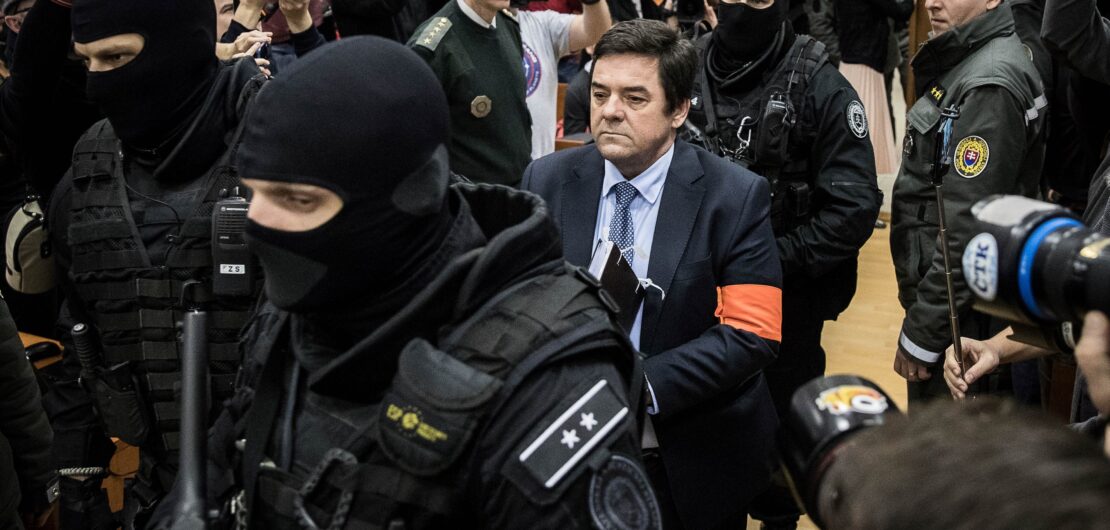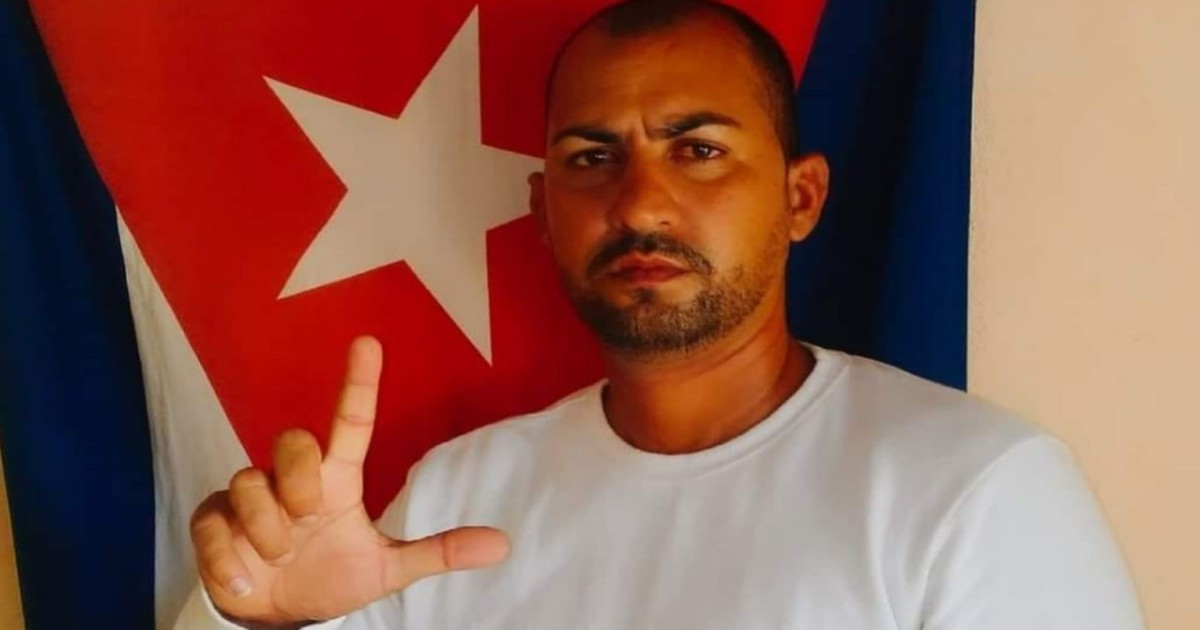
Cuban Journalist Yeris Curbelo Aguilera Sentenced to Two Years in Prison for Reporting
October 3, 2024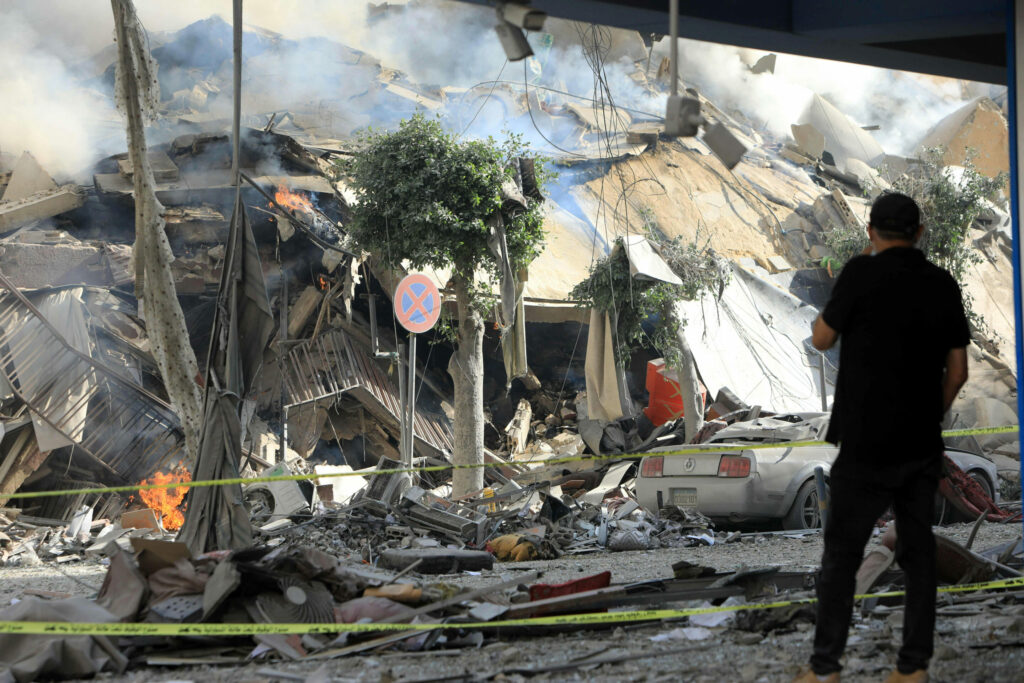
Two Belgian Journalists Wounded While Covering Beirut Airstrikes
October 3, 2024October 03, 2024 – France –
France 24 journalist Wassim Nasr, an expert on jihadist movements in the Sahel region, is under formal investigation in September 2024 by the military-led governments of Burkina Faso, Mali, and Niger. Prosecutors in all three countries accuse him of “complicity” and “apology for terrorism” following his coverage of jihadist attacks, including the deadly September 17 bombing in Bamako and violence in Djibo, Burkina Faso.
These governments, which came to power through coups and have subsequently distanced themselves from Western allies, claim Nasr’s commentary “amounts to blatant support” for terrorist groups and complicit reporting. The charges include criminal conspiracy and aggravated terrorism, and are grounded in his media analysis, not any criminal activity.
Nasr responded on X (formerly Twitter), asserting that his decade‑plus reporting “disturbed many people,” but emphasizing that he works from France, where journalistic freedom is protected. France 24’s director, Amaury Guibert, condemned the charges as “serious, unfounded” assaults on press freedom, and the International and European Federations of Journalists (IFJ‑EFJ) echoed this criticism, urging the governments to drop the investigations.
This coordinated legal offensive reflects a broader pattern of media suppression in the Sahel. All three countries have previously suspended France 24’s broadcast operations; Niger and Burkina Faso also banned RFI and BBC transmissions for airing content deemed threatening to national security.
The militarized regimes justify their actions by citing national security concerns amid surging jihadist violence. Yet, press freedom advocates argue these investigations are less about counterterrorism and more about silencing critical voices. Mali, Niger, and Burkina Faso have expelled foreign correspondents, tightened media regulations, and impeded independent reporting .
The Wassim Nasr case marks a troubling escalation: a journalist under institutional attack purely for covering extremist movements authoritatively. The IFJ‑EFJ and France 24 highlight that criminalizing analytic reporting sets a dangerous precedent. Journalists must be able to investigate militancy and inform the public without fear of being prosecuted as sympathizers.
Reference –

